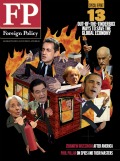The family of
former President Dwight D. Eisenhower is now weighing in against renowned
architect Frank Gehry's proposed design for an Eisenhower Memorial on the mall
in Washington, D.C. Good for them. Their main objection is that the main representation of the former president in Gehry's proposed design is a statue
of Eisenhower as a young Kansas farm-boy. The rest of the four-acre memorial is an elaborate and soulless structure
whose paved walkways also celebrate -- are you ready for this? -- the interstate
highway system. Just the sort of
message one ought to highlight in an era of climate change, right?
I'm with the
Eisenhower family on this one, and the brouhaha has reaffirmed my belief that
Gehry is one of the more overrated architects of the modern era. (OK, his Bilbao museum was visually
arresting--if you like chaos--but you should thank your lucky stars you don't have an office in this building). This incident may also mark the only moment
in recorded history when I've agreed with something published in the National Review.
What's the real
problem? Let's start with Gehry's witless
decision to depict one of the architects of victory in World War II, as well as
a two-term president whose standing has risen steadily over time, as a barefoot
farm-boy. The other presidential
memorials on the mall are either majestic in their simplicity (e.g., the
Washington Monument), or they pay homage to past leaders like Lincoln in their
maturity, portraying them as they were when they made their singular contributions to our
common heritage. To portray Eisenhower
as a boy immediately diminishes him, and give us no sense of his unique
qualities as a leader or the achievements that we treasure. Instead, it invites us to see him as an untutored naïf, which is
precisely what some of his political opponents mistakenly thought he was.
I should confess
that I'm not a huge fan of presidential monuments anyway, because they
reinforce popular deference to executive authority and strengthen the
growing tendency to view our presidents as akin to monarchs but with
term limits. But I'll concede that a
handful of presidents have performed acts of leadership, wisdom and courage
that can provide enduring inspiration for subsequent generations, and that
memorials on the Mall to a very few might be in order.
When it comes to
Eisenhower, therefore, I'd like to see a memorial that underscored his singular
contribution to our understanding of post-World War II security problems:
namely, his eloquent warnings about the danger of the "military-industrial
complex" and his consistent efforts to advance the cause of peace. Think about it: here is a West Point graduate
and five-star general, who had seen as much of war as any American, and who had
presided over a significant expansion of America's strategic nuclear arsenal in
the 1950s. Nonetheless, he ends his second term with a message to his
countrymen about the dangers of unchecked military/industrial power.
And can anyone
doubt that his warnings were prescient, when we realize that the United States
still spends more than the next ten or twenty nations combined, when its
National Security Mandarins feel little or no compunction about ordering drones
to kill suspected terrorists (and sometimes innocent bystanders) while refusing
to reveal to the voters who fund these activities exactly what their government are doing (or even the
legal basis being used to justify it), and when our post-9/11 panic has led to
a massive expansion of secret agencies and contractors whose full extent is not known or understood by the politicians who are supposedly overseeing them?
And let's not forget Ike ended the Korean War faster than Obama got us out of Iraq or Afghanistan, declined to get ensnared in France's debacle in Indochina, quashed the boneheaded Anglo-French-Israeli invasion of Egypt in 1956, and generally avoided costly military
entanglements afterwards. His foreign policy record wasn't perfect by any means, but he compares quite favorably to virtually all of his
successors.
A proper memorial
to President Eisenhower would highlight not his boyhood -- iconic and
stereotypical though it might be -- but his maturity, and his wise concerns about
the trajectory our nation was on. Such
a memorial would bring into fierce relief his final presidential speech, as well as some of his other remarks, where these words could help reverse our robotic tendency to assume our greatness is measured
primarily by how much we can destroy, rather than by how much we can provide.
So how about a memorial
where quotations such as the following were carved in stone, for each new
generation to read and ponder:
From 1960:
"This
conjunction of an immense military establishment and a large arms industry is
new in the American experience. The total influence -- economic, political,
even spiritual -- is felt in every city, every State house, every office of the
Federal government. We recognize the imperative need for this development. Yet
we must not fail to comprehend its grave implications. Our toil, resources and
livelihood are all involved; so is the very structure of our society.
In the
councils of government, we must guard against the acquisition of unwarranted
influence, whether sought or unsought, by the military-industrial complex. The
potential for the disastrous rise of misplaced power exists and will persist.
We must never let
the weight of this combination endanger our liberties or democratic processes.
We should take nothing for granted. Only an alert and knowledgeable citizenry
can compel the proper meshing of the huge industrial and military machinery of
defense with our peaceful methods and goals, so that security and liberty may
prosper together."
Or this, from 1953, his first year in office:
"Every gun that
is made, every warship launched, every rocket fired signifies, in the final
sense, a theft from those who hunger and are not fed, those who are cold and
are not clothed. This world in arms is not spending money alone. It is spending the sweat of its laborers, the
genius of its scientists, the hopes of its children.
The cost of one
modern heavy bomber is this: a modern brick school in more than 30 cities.
It is two
electric power plants, each serving a town of 60,000 population.
It is two fine,
fully equipped hospitals. It is some 50 miles of concrete highway.
We pay for a
single fighter plane with a half million bushels of wheat.
We pay for a
single destroyer with new homes that could have housed more than 8,000 people.
This, I repeat,
is the best way of life to be found on the road the world has been taking.
This is not a way
of life at all, in any true sense. Under
the cloud of threatening war, it is humanity hanging from a cross of iron."
Now that's a
memorial I'd like to see us build. Back to the
drawing board, Frank.


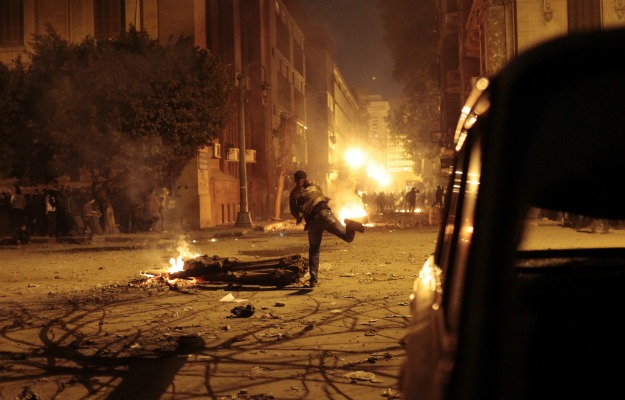








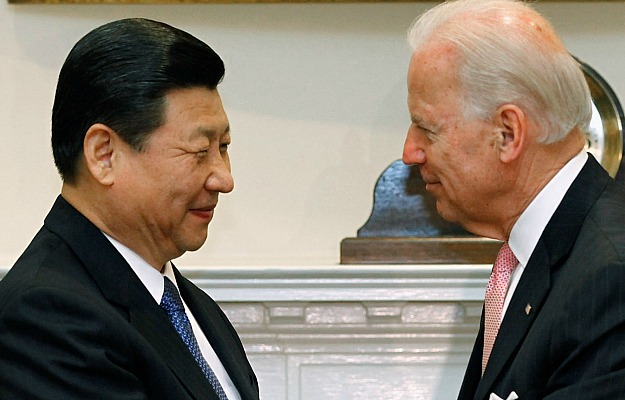

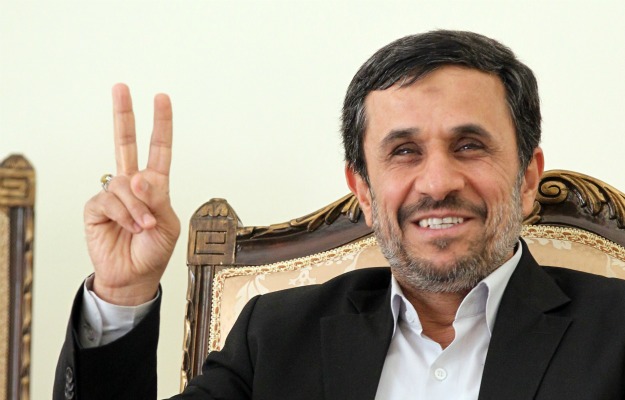



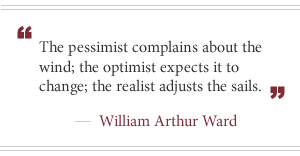



 Read More
Read More









